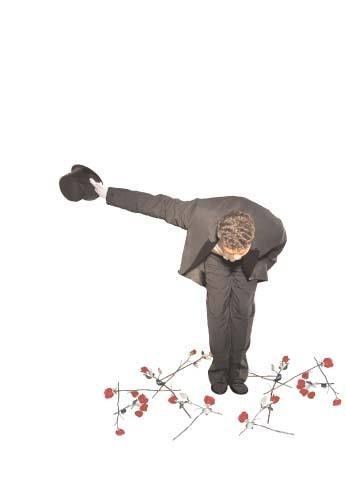zuben el genub
Extreme Android User
That's the sign for Pound Sterling. My kids want Amazon gift certificates in Pound Sterling rather than the Euro. They can get more.
BTW, I'm so used to that symbol, that I look for it on the phone and have to remember it's the silly "hashtag"
BTW, I'm so used to that symbol, that I look for it on the phone and have to remember it's the silly "hashtag"





